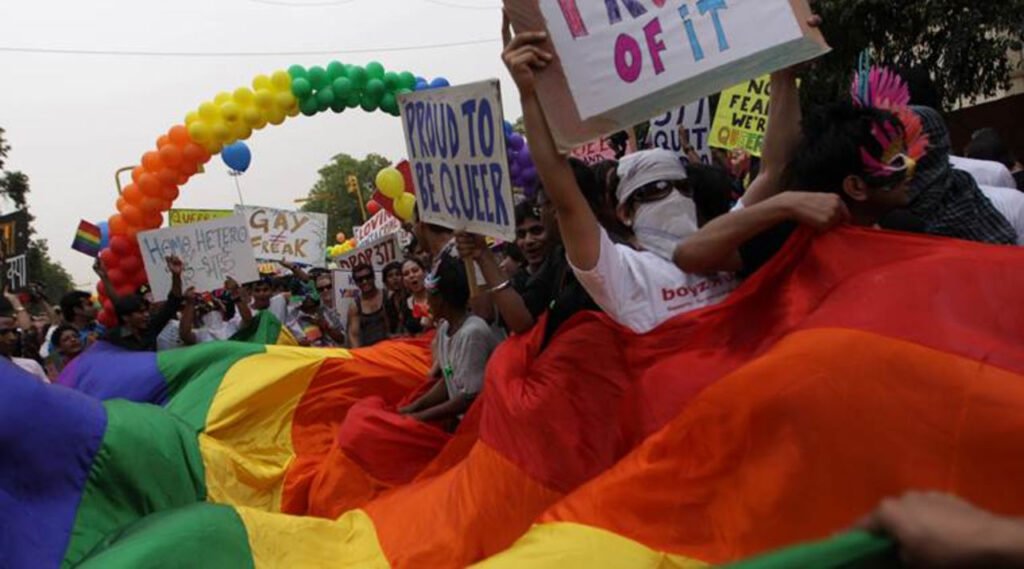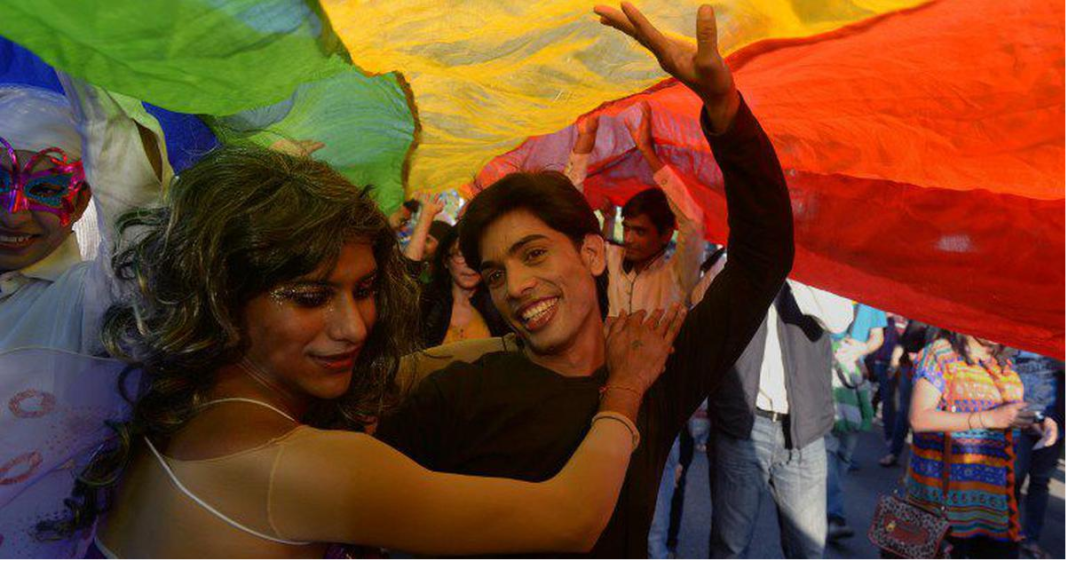Introduction
Many developed countries have recognized same-sex married unions when it comes to civil freedoms and basic liberties. Without a question, the LGBTQ+ population has indeed been repeatedly confronted with sexual identity-based discrimination. For several decades, activists have fought for legal recognition of individual basic liberties.
The constitutional right of homosexual weddings on a level footing with heterosexual unions is quickly have become a necessity. Marriage has been regarded as a fundamental human right from ancient times. Nonetheless, it appears that no legislation exists to safeguard same-sex nuptials and associated entitlements.

Marriage is viewed as being one of the most important parts of a person’s life from civic, social, and cultural perspectives. It is a legal organization that acknowledges diverse people’s relationships within several constitutional requirements. It has enormous societal significance because it has important ramifications for rights and obligations including ownership, inheritance, and other relevant provisions.
These privileges arise from a married connection. Marriage is no longer only a civic right in the modern period; it has also gained prominence on the global stage. Marriage equality must be granted by the government. The liberty to marriage is now recognized as basic freedom in India, allowing an individual to choose their chosen spouse.
Homosexual Marriage in India
Because the right to marry is crucial for upholding all citizens’ liberties and having a meaningful life, the judicial framework has regarded matrimony as a fundamental human right, as indicated by Article 21 of the Indian Constitution. While the right to marry according to one’s preferences has indeed been declared a fundamental right, it doesn’t apply to same-sex weddings. Also, the LGBTQ+ community’s basic freedoms are under assault.
Legislators are not doing enough to defend their fundamental marriage right. To counterbalance the reality that heterosexual couples enjoy the very same societal backing, many developed countries have approved same-sex weddings in state laws. Additional benefits to heterosexual partners, like maintenance and inheritance, are not available to homosexual spouses.
The word “sex” includes sexual preference. As a result, abuse rooted in sexual orientation is banned in both civil and criminal statutes. The existing family policy only recognizes heterosexual marriages, but essentially denies gay couples societal and constitutional legitimacy, as well as the benefits which these laws confer on married persons. Discrimination based on gender is certainly a breach of Article 15’s fundamental rights.
Conclusion
Given the prevalent Indian sociocultural framework and the rising fight for marriage purity, the urge to recognize homosexual married unions is largely rejected. Nevertheless, in the coming years, the existing conventional assumption of the marital union as a heterosexual structure including reproduction and raising a child may give way to gay marriages, in which feelings between the couples take priority over sexualities.
Failure to comprehend how well society and the homes are progressing will provoke more harm than good. In any case, the desire for gay marriages to be legalized has triggered a brand-new debate in society, and governance that should not be disregarded.
Also Read : Disneyland in India

